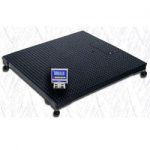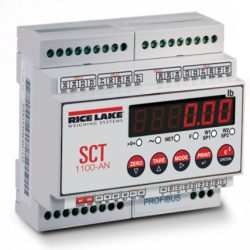For businesses like a laundry or game center that rely on coin-operated machines, counting coins by hand can be a tedious and time-consuming task. Whether you own a laundromat or a gaming center, using a coin counting scale to count quarters can provide a range of benefits compared to counting coins out by hand. Here are some of the advantages of using a coin counting scale for your business.
Quarter Counter Saves Time
Counting coins by hand can take a considerable amount of time, particularly if you have a large number of coins to count. And it’s usually prone to human error. How long can you go without getting a phone call or text to interrupt your hand count? Using a coin counting scale can drastically reduce the time it takes to count quarters. With electronic coin counters, you can quickly and accurately count large volumes of coins in just a few minutes. This can free up valuable time for other important tasks in your business.
Scales Increase Accuracy
Counting coins by hand is prone to human error, which can lead to discrepancies in your final quarter count. A coin weight scale provides a high degree of accuracy and eliminates the potential for errors caused by human error.
Electronic Coin Counter Improves Efficiency
Using a coin counting scale can help improve the overall efficiency of your business operations. By reducing the time and effort required to count quarters, you can streamline your cash handling processes and improve the flow of customers in and out of your business. This can lead to increased customer satisfaction and loyalty, as well as improved profitability for your business.
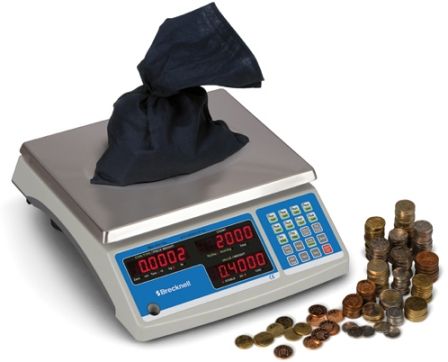
Quarter Counting Machine Can Reduce Labor Costs
Counting coins by hand can be a labor-intensive task that requires a significant amount of staff time. Using a coin counting scale can reduce the amount of time and effort required to count quarters, which can help you possibly reduce your labor costs. With the best coin counter scale, you can also assign your staff to other important tasks, such as customer service or maintenance, which can improve the overall performance of your business.
Weight Scale Enhances Security
Counting coins by hand can be a risky process, particularly if you have large amounts of cash on hand. A coin counting scale can help enhance the security of your business by reducing the amount of time that cash is handled by your staff. With a coin counting scale, you can quickly and accurately count quarters and reduce the risk of theft or mismanagement of cash.
Where Can I Buy a Coin Counter?
Using a coin counting scale to count quarters at your laundromat or gaming center can provide a range of benefits compared to counting coins out by hand. It can save time, increase accuracy, improve efficiency, possibly reduce labor costs, and maybe even enhance security. Investing in a coin counting scale can help you improve your business operations and improve your bottom line. If you need some assistance choosing the right coin counter for your business just give us a call (919) 776-7737 or complete the RFQ form on our website for fast service.

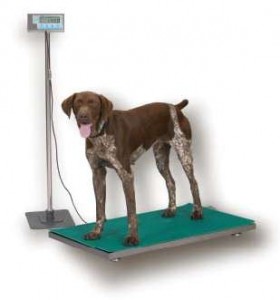
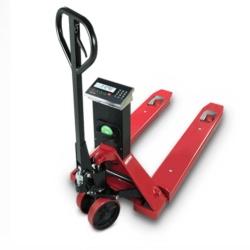
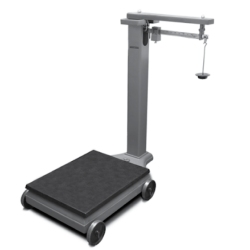
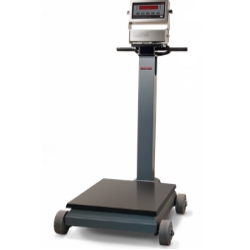
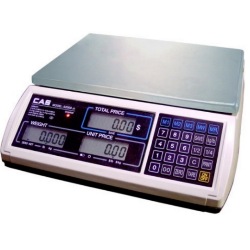
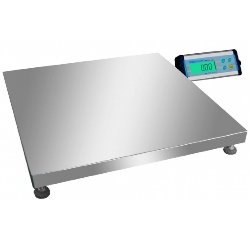
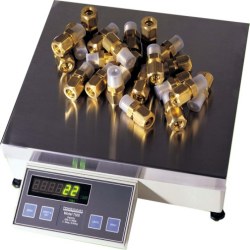
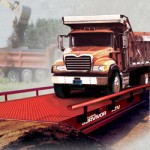
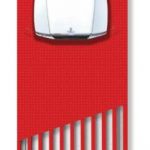
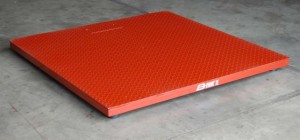 Our
Our 